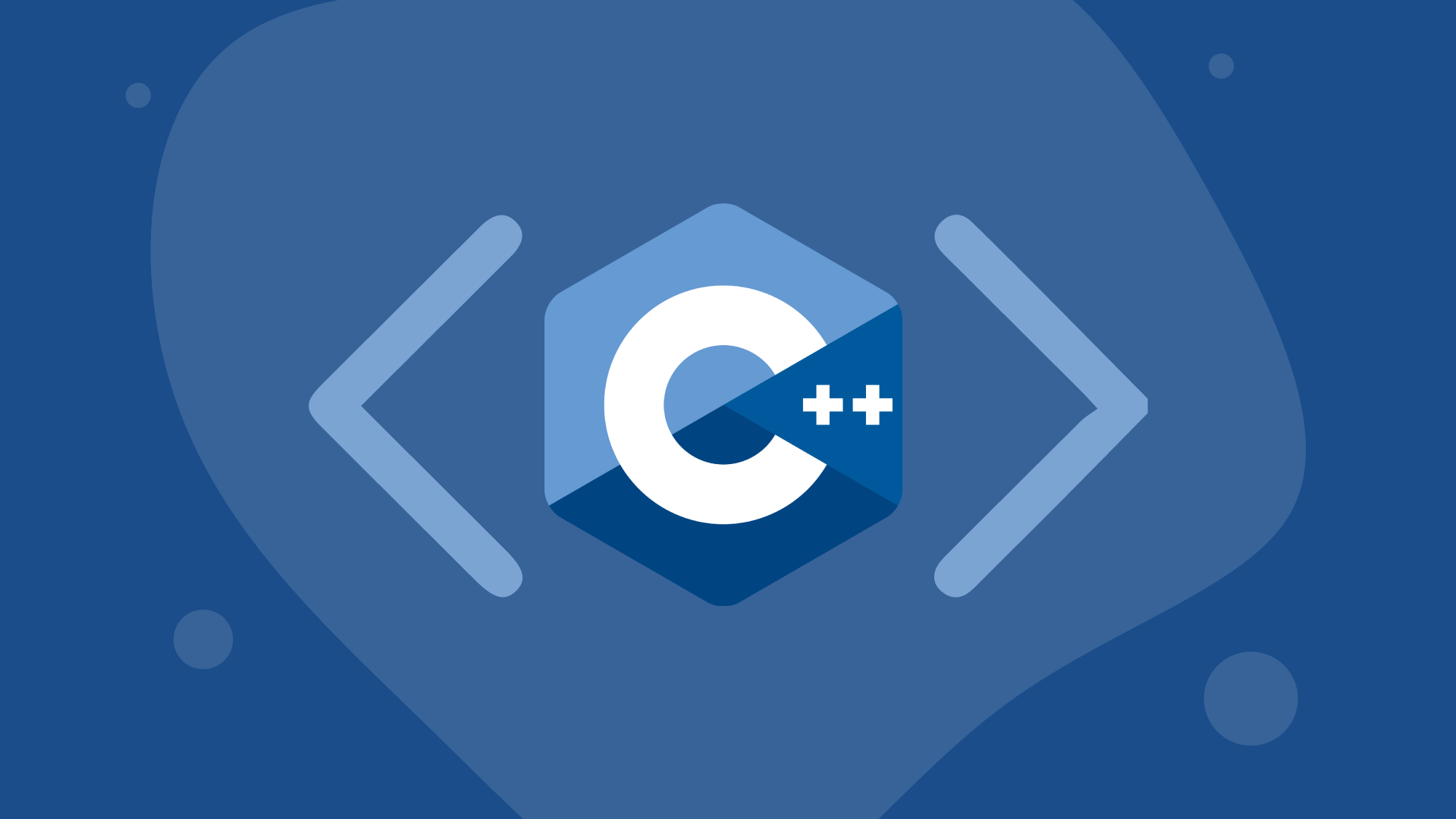
void foo(int n) {}
void foo(double d) {}
int main()
{
foo(3); // foo(int)
foo(3.4); // foo(double)
// 아래를 void foo(double d)를 호출하게 할 순 없나?
foo(0);
foo(1);
}
template<int N> struct int2type
{
enum { value = N };
};
void foo(int n) {}
int main()
{
int2type<0> t0;
int2type<1> t1;
// t0와 t1은 다른 타입이 된다.
/*
// int2type<0>
template<0> struct int2type
{
enum { value = 0 };
};
// int2type<1>
template<1> struct int2type
{
enum { value = 1 };
};
*/
foo(t0);
foo(t1);
// 둘은 다른 함수를 부르게 된다. -> 함수오버로딩을 유발할 수 있다.
}
그래서?? 갑자기 무슨말이지?
#include <iostream>
using namespace std;
template<typename T> struct xis_pointer
{
static constexpr bool value = false;
};
template<typename T> struct xis_pointer<T*>
{
static constexpr bool value = true;
};
template<typename T> void printv(T v)
{
if (xis_pointer<T>::value) // if문은 런타임에 if문을 확인하기에 아래코드를 모두 컴파일하게 된다.
cout << v << " : " << *v << endl; // 컴파일 중 여기서 *v 참조를 할 수 없음.
else
cout << v << endl;
}
int main()
{
int n = 3;
printv(n); // error
printv(&n);
}
template<typename T> void printv(T v)
{
if constexpr (xis_pointer<T>::value) // C++17에서 이렇게 쓰면 간단하게 해결되긴 한다.
cout << v << " : " << *v << endl;
else
cout << v << endl;
}
// C++17이 아니라면?
// 사용이 되어야지만 아래 코드가 생성됨을 기억하자(지연된 인스턴스)
// 그런데 이렇게 한다 하더라도 ... 결국 컴파일 시간에 아래 코드가 생성되며 에러가 발생..
template<typename T> void printv_pointer(T v)
{
cout << v << " : " << *v << endl;
}
template<typename T> void printv_not_pointer(T v)
{
cout << v << endl;
}
template<typename T> void printv(T v)
{
if (xis_pointer<T>::value) // 컴파일 타임에 결정할 수 없기에 아래 코드를 생성
printv_pointer(v);
else
printv_not_pointer(v);
}
int main()
{
int n = 3;
printv(n);
printv(&n);
}
template<typename T> void printv_imp(T v, int2type<1>)
{
cout << v << " : " << *v << endl;
}
template<typename T> void printv_imp(T v, int2type<0>)
{
cout << v << endl;
}
template<typename T> void printv(T v)
{
printv_imp(v, int2type<xis_pointer<T>::value>());
// int2type<1>() = 새로운 타입
}
int main()
{
int n = 3;
printv(n);
printv(&n);
}